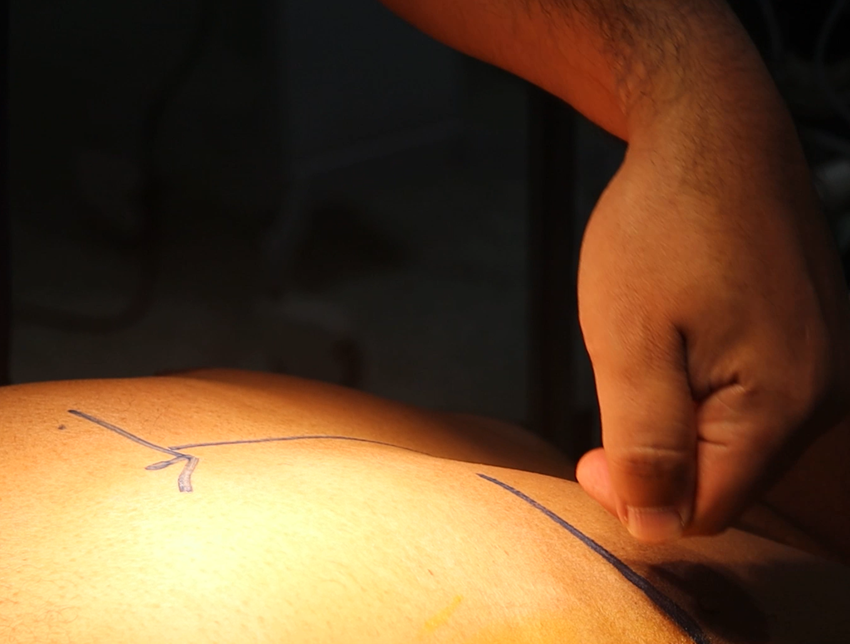
Minimally Invasive Open Heart Surgery
"Minimally Invasive Open Heart Surgery" refers to a surgical approach that aims to perform heart surgery with smaller incisions and less disruption to the chest cavity compared to traditional open-heart surgery. While still requiring the chest to be opened, this technique utilizes specialized instruments and advanced imaging technology to access the heart through smaller incisions between the ribs, rather than a large incision through the breastbone (sternotomy) used in conventional open-heart surgery.
Minimally invasive open-heart surgery can be used to perform various procedures, including coronary artery bypass grafting (CABG), valve repair or replacement, atrial septal defect closure, and atrial fibrillation surgery, among others. The specific approach depends on the type of surgery needed and the patient's individual circumstances.
Benefits of minimally invasive open-heart surgery may include:
1. Smaller incisions: This can result in less pain and scarring compared to traditional open-heart surgery.
2. Shorter hospital stay: Patients often have a quicker recovery and may spend less time in the hospital after minimally invasive procedures.
3. Faster recovery: Minimally invasive techniques may allow patients to return to normal activities sooner than with traditional open-heart surgery.
4. Reduced risk of complications: With smaller incisions and less tissue trauma, there may be a lower risk of certain complications such as bleeding, infection, and postoperative pain.
5. Improved cosmetic outcome: Smaller scars and less visible incisions can lead to a more aesthetically pleasing result.
While minimally invasive open-heart surgery offers several potential advantages, not all patients are candidates for this approach, and the feasibility of the procedure depends on factors such as the complexity of the surgery, the patient's overall health, and the surgeon's expertise. In some cases, traditional open-heart surgery may still be the preferred option.
As with any surgical procedure, minimally invasive open-heart surgery carries risks and potential complications, and patients should discuss the benefits and risks with their healthcare provider to determine the most appropriate treatment approach for their individual situation.

